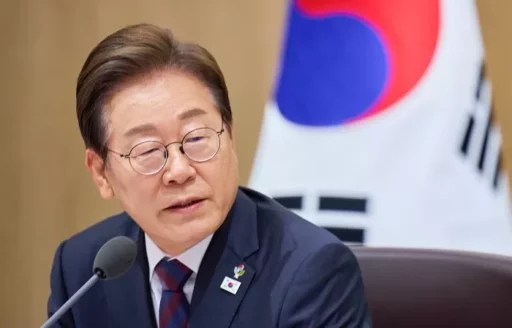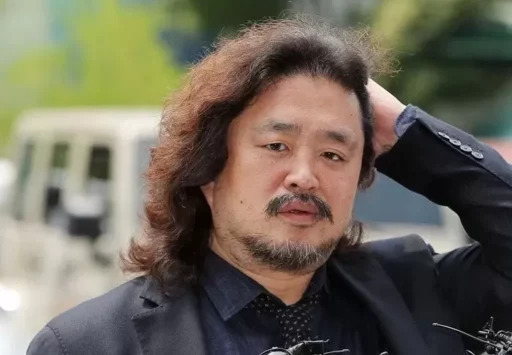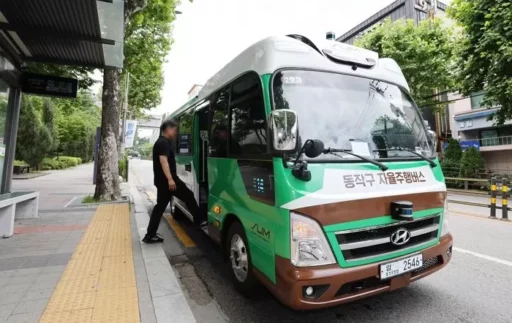The first day of the National Recommendation System saw over 10,000 applications, raising concerns over specific individual recommendations.
With the official launch of the National Recommendation System for high-ranking public officials, including ministers and vice ministers, various reactions have emerged.
On the 11th, the Presidential Office announced that on the first day of the implementation of the 'National Recommendation System,' a total of 11,324 recommendations were received.

In the National Recommendation System, which began on the 10th, the positions with the most recommendations were the Minister of Justice, Minister of Health and Welfare, and the Prosecutor General. However, the Presidential Office did not reveal the specific identities of the individuals who received a large number of recommendations.
Following the announcement of the National Recommendation System, various recommendation posts flooded online. Internet users predominantly recommended celebrities, public figures, and politicians they preferred.
Among those mentioned as potential candidates for Minister of Culture, Sports, and Tourism were filmmaker Bong Joon-ho and singer-actor IU.
Some Internet users posted that they would recommend Lee Jun-seok, a member of the Reform Party, as a candidate for Minister of Gender Equality and Family, indirectly expressing criticism as he had promised to abolish the Ministry of Gender Equality and Family.
In addition, some drew attention by mentioning the idea of re-electing President Yoon Suk-yeol.

Concerns from Experts and Reactions from Political Circles
In light of this phenomenon, some voices have raised concerns about the government's potential for "populist appointments."
Former Blue House spokesperson Jeong Yeon-guk appeared on YTN News and stated, "Similar systems existed during the Roh Moo-hyun and Moon Jae-in administrations, but they were not effectively implemented."
He further pointed out, "Positions such as ministers and vice ministers require expertise, but they are inevitably susceptible to populist elements."
In particular, Jeong expressed suspicion, stating, "Isn't the possibility of using the National Recommendation System to place certain individuals in specific positions being opened up? There are even discussions about trying to appoint Kim Eo-jun as the chairman of the Korea Communications Commission."

Former spokesperson for the People Power Party, Yoon Hee-seok, also expressed concerns on YTN Radio, saying, "Since there are no restrictions in front of the name 'people,' we see a movement where many influenced by specific fandoms gather to recommend certain individuals."
In response, Democratic Party member Park Joo-min explained, "It's not that we are granting the authority or the right to choose ministers to the people." He added, "This is an intention to listen to citizens' opinions and ideas in the composition of a talent pool, so it is unlikely to escalate into populism."
Meanwhile, the Busan City Medical Association submitted a letter of recommendation to the Ministry of Personnel Management on the 11th, recommending Lee Guk-jong, the head of the National Defense Medical Center, as Minister of Health and Welfare.
The reception period for the 'National Recommendation System' runs until the 16th and participation can be done through the Personnel Management Service website, President Lee Jae-myung's official social media accounts, or email.
The Presidential Office stated that after verification of the recommended individuals, they could be formally appointed if deemed suitable.
Image sources: President Lee Jae-myung / News1, Member Lee Jun-seok / News1, Kim Eo-jun / News1


![[Breaking News] Prosecutor General Shim Woo-jung Resigns](https://wordkorean.com/wp-content/uploads/2025/06/thumbnail-916.webp)